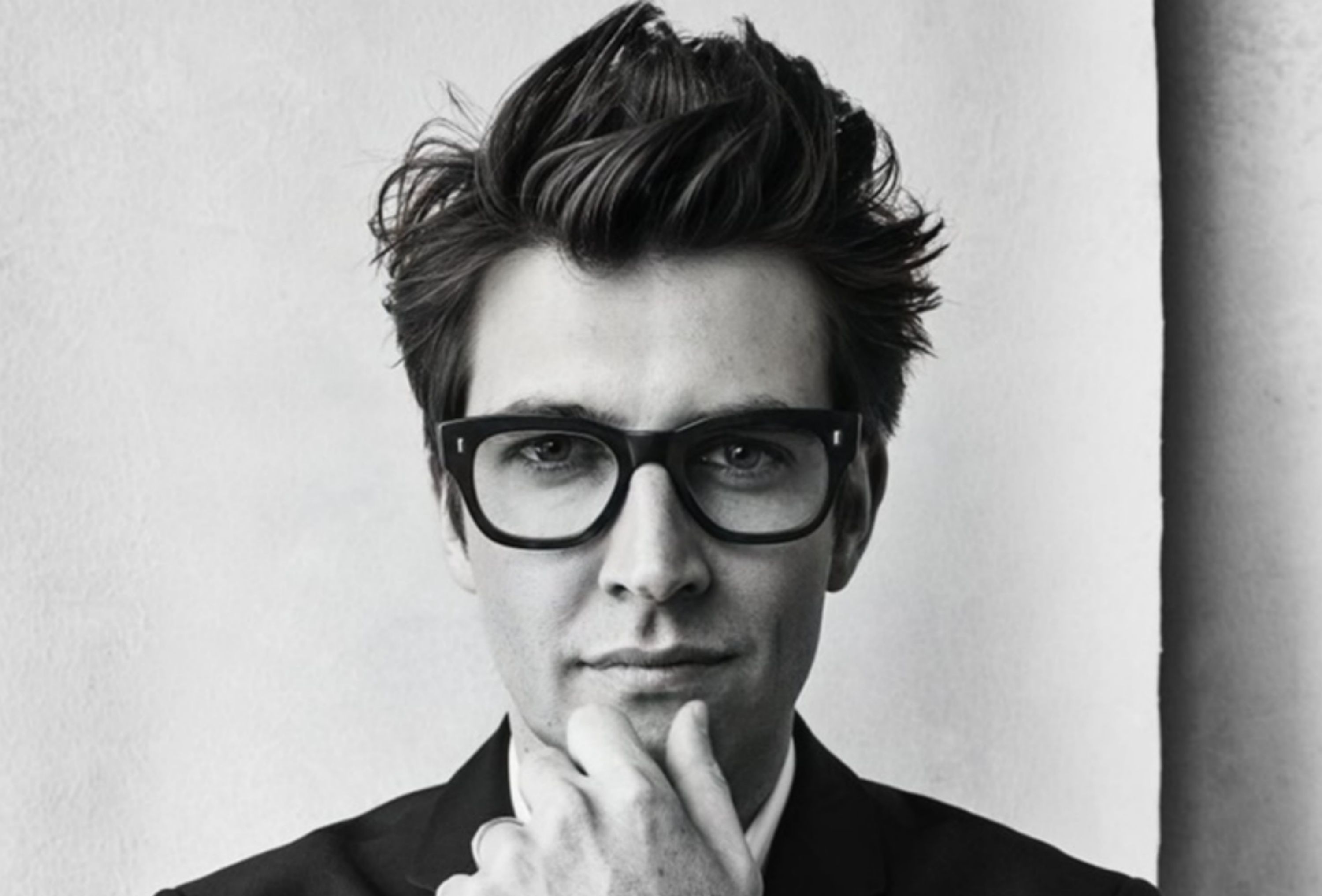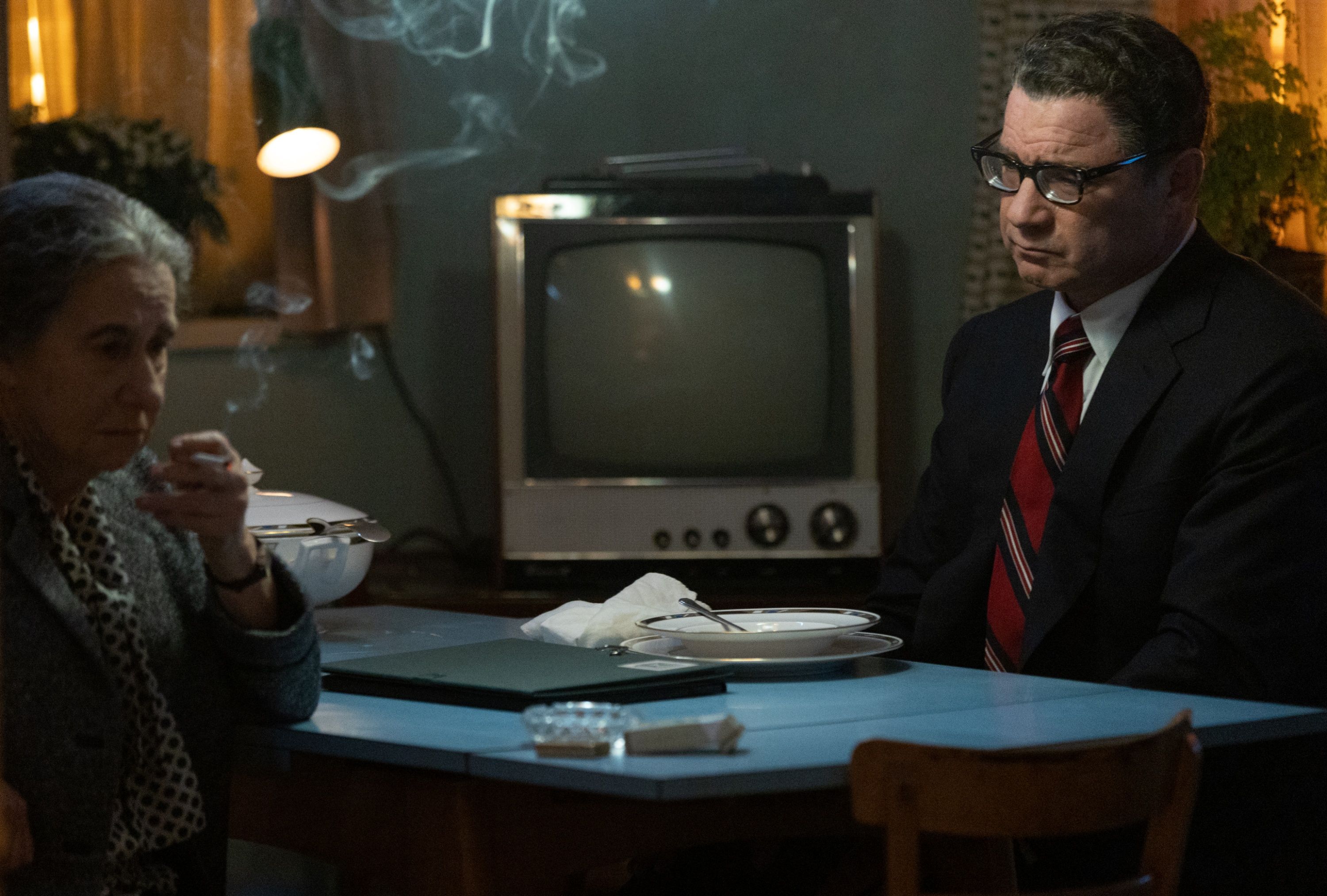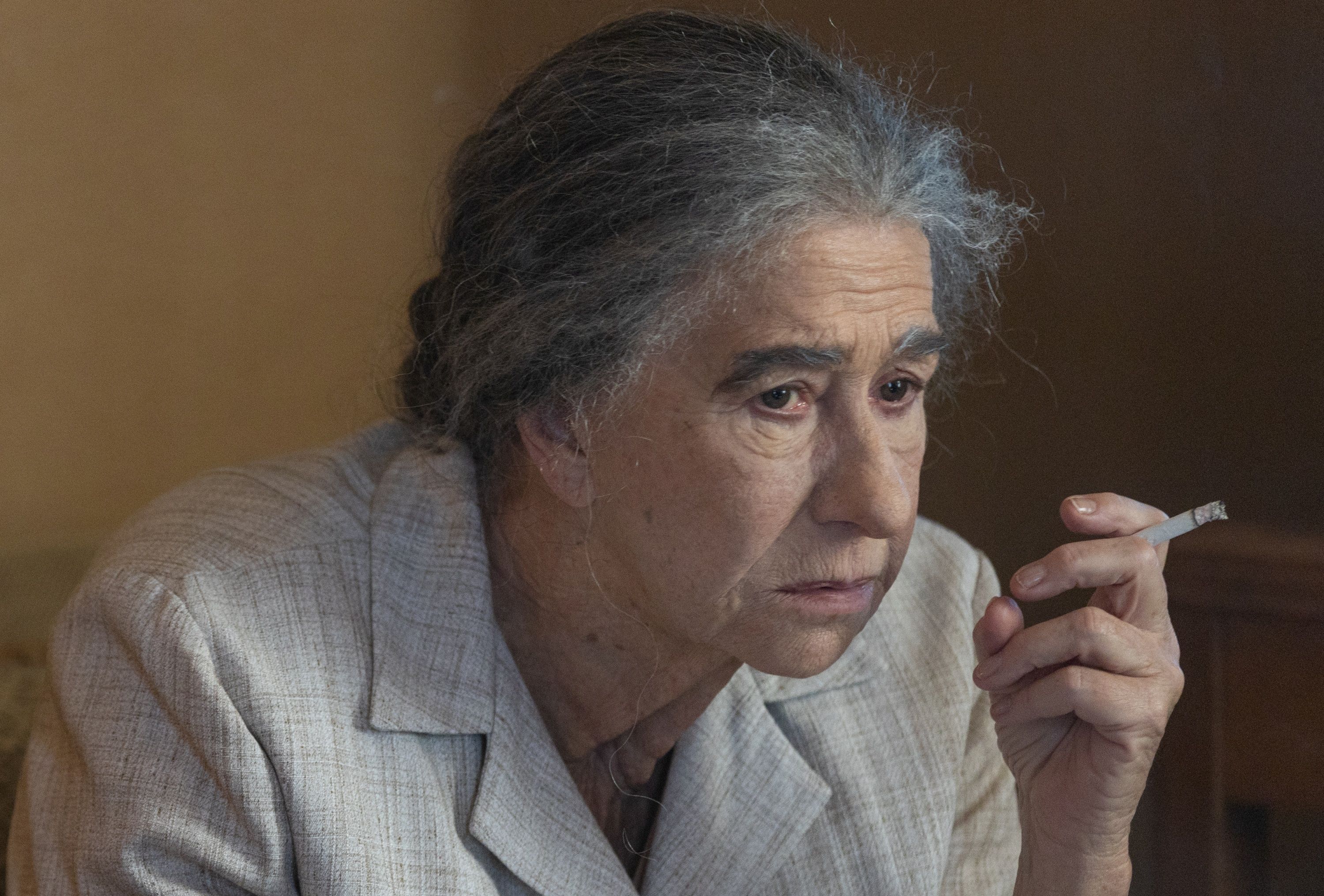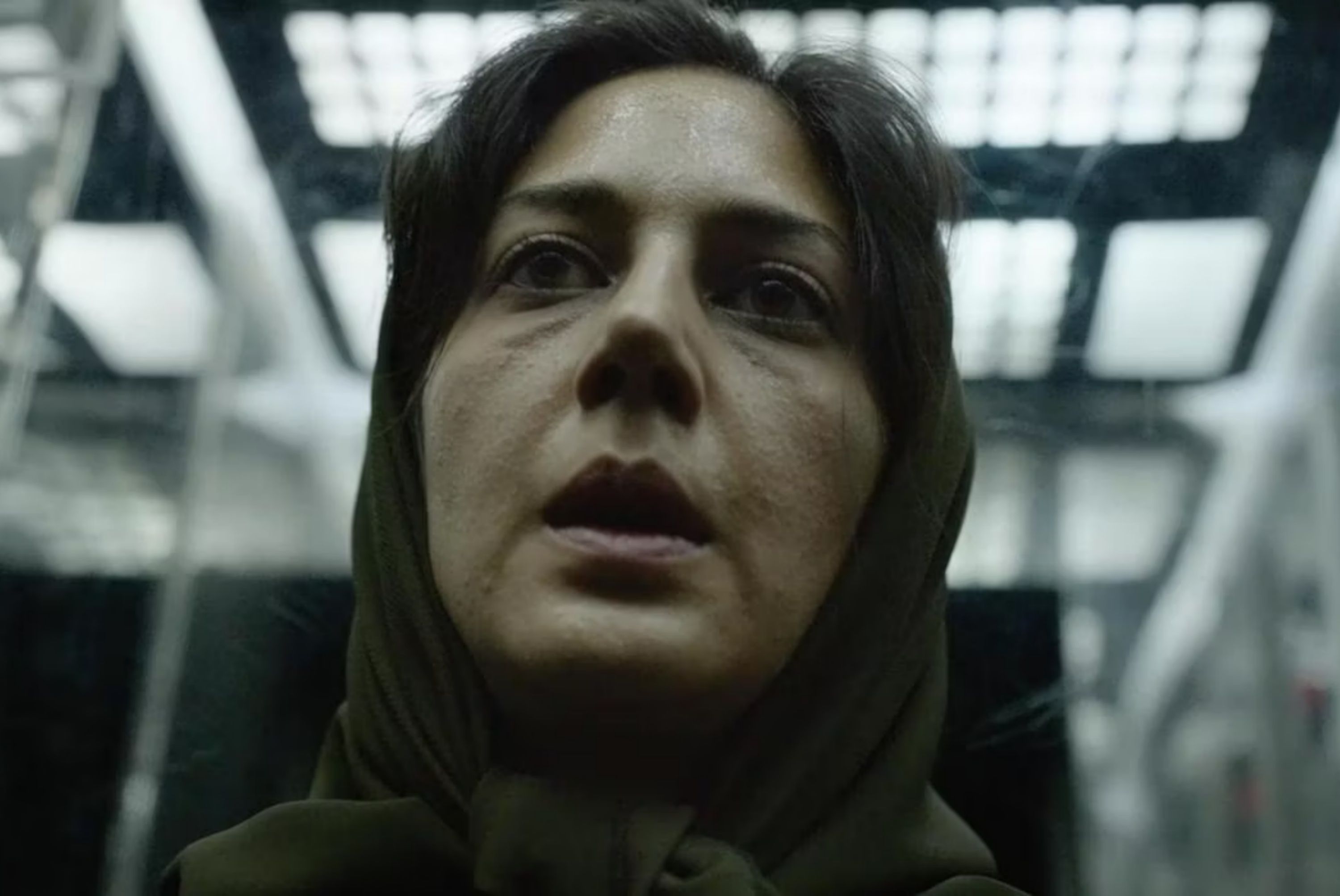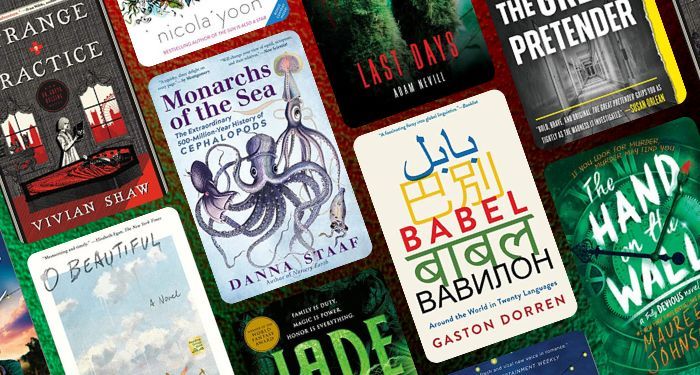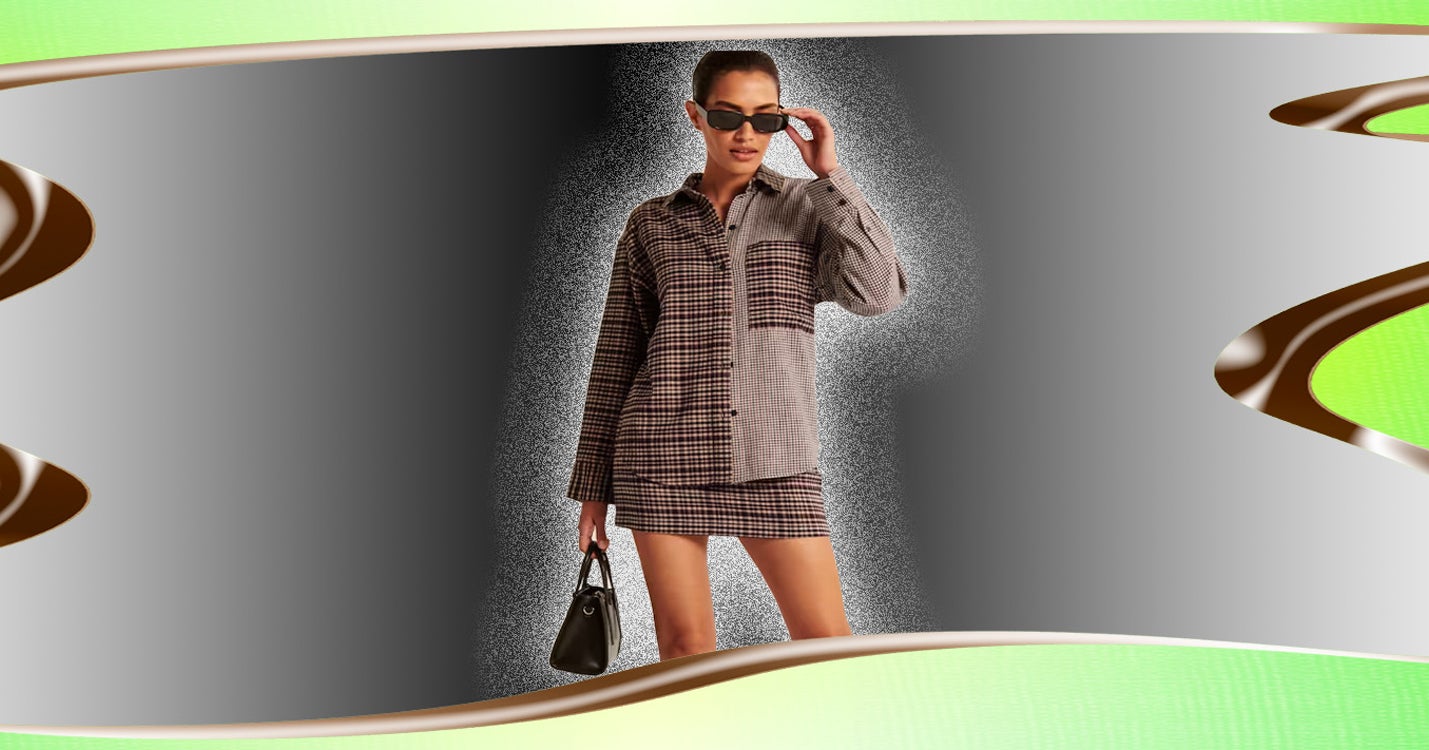The Big Picture
- Director Guy Nattiv explains how he transformed the script for “Golda” into a character-driven film focusing on Israeli Prime Minister Golda Meir.
- Helen Mirren was already attached to the project when Nattiv joined, and he admired her deep understanding of Golda and Israel.
- Nattiv discusses the challenges of recreating 1973 Israel and how the collaboration between the production designer and DP brought the film to life.
[Editor’s note: The following contains some spoilers for Golda.]From director Guy Nattiv, the historical drama Golda explores what Israeli Prime Minister Golda Meir (Helen Mirren) faced, both personally and politically, during the 19 days of the brutal and devastating Yom Kippur War in 1973. Cancer stricken at the age of 75, she made impossibly difficult decisions and shouldered the responsibility of protecting her country, but it was not without a heavy toll, both in the moment and for her legacy as a leader.
During this 1-on-1 interview with Collider, Nattiv talked about the reasons for the changes made to the original script, what made Mirren the only choice for the role, finding the right way to transform the actress into the real-life woman, why Liev Schreiber was the right person to portray Henry Kissinger, the striking scene in the morgue, and recreating 1973 Israel on a soundstage. He also talked about his upcoming movie Tatami, the first collaboration between an Iranian and Israeli filmmaker, and the types of movies that he’s hoping to make with wife Jaime Ray Newman, through their production company.
Collider: This is one of those incredible performances to watch. I can’t even imagine what it must have been like to watch Helen Mirren from a front row seat. Even before all that, when this script came your way, was it one of those things that you immediately knew you had to do or did you have to convince yourself to give yourself over to this story?
GUY NATTIV: When I joined the project, the script was completely different. It was massive war movie with a lot of combat scenes and a little bit of Golda. I felt that it was an opportunity for us to go under the skin of Golda and to do a character piece. That’s when I spoke to Nicholas Martin, the screenwriter and producer, and told him that I would wanna go in there and make some magic, and instead of going and shooting a massive war film, we should be bringing the war into the room and actually go into Golda’s point of view because she couldn’t go to the front, being older and sick. They thought it was a good opportunity for us to do that, so we worked on it. We scrapped the war scenes and brought most of the script to focus on Golda. It took us a year, and then the pandemic happened, and we understood that we needed to be more specific about those claustrophobic places and corridors and war rooms and meeting rooms, and really focus on what Golda felt during those days.
It’s fascinating how much you really find yourself relating to Golda or feeling emotionally connected to her, which you wouldn’t, if you were just watching a big war film. Was it always Helen Mirren, for you? Before even Golda’s grandson came up with the idea, had you ever considered anyone else?
NATTIV: When I arrived to the production and pitched my idea for this movie and how I would direct it, Helen was already attached. She read the script and said she was interested, and they wanted me to meet with her to see that we are on the same creative page. She approved me and, in the middle of [COVID], she came to my house in Los Angeles and we just sat for three hours. I felt like I was talking to a family member, to my mother. She so understood every layer of Golda and Israel, as a country, in a way that not a lot of people understood. Don’t forget that she was also 29 when she toured Israel. She volunteered at a kibbutz, picking tomatoes. She was hitchhiking from north to south and she slept on the beach. She was a Zionist who was experiencing Israel in ‘67. So, she understood it. She got it.
What do you feel she brought to her portrayal? What was it like to watch her create and develop her performance, in the moment, during the filming of this?
NATTIV: She brought intelligence, humor, emotions, and humanity. All of that is Helen, and she brought a layer of that to Golda, who had those same features. Helen just gave it in her performance because she is like that.
When you cast Helen Mirren to play Golda Meir, how do you decide how much to change her face? What’s the right balance in ensuring that the character looks like the real-life woman, but you don’t make it cartoonish?
NATTIV: It’s a good question. It took us two and a half weeks of measuring, and putting it on and taking it off, to understand what the right measure would be to make her Golda, but not a caricature. One of the things that Helen wanted and insisted on was to keep the eyes, Helen eyes. Cinema is about the eyes, so we kept Helen’s eyes. We didn’t change them.
When I started watching it, throughout the first season, I was trying to find Helen Mirren behind everything. But then, that goes away and you just watch the performance.
NATTIV: People who knew Golda, and even Israelis who know her from photos, said they didn’t see Helen, but they saw Golda, about two seconds in. Listen, I didn’t see Helen for 35 days. I saw Golda. She came to the trailer at 5:30am, got out at 7:30am, we were on set, and then before we went home, she took her all of her makeup off. I forgot what Helen looked like.
Similar to having to cast someone to embody Golda for this, you also had to cast someone to embody Henry Kissinger, which I would imagine is an interesting task. He’s someone who has much less screen time, and yet still has to make a very strong impression. What was it about Liev Schreiber? What t was it like to watch him, and what made him the right choice?
NATTIV: We really tried to look for the right person to portray Henry Kissinger. One week before shooting the scene, we went to Liev. I wrote him an email about how passion I was and that I was a big fan of his, but it was not until he met with Henry, two days before coming to set, in his apartment in New York. Meeting Henry, who was 101 and super sharp and with it. He told him all the nuances of Golda, and he gave him the sentence of, “First, I’m an American. Second, I’m Secretary of State. Third, I’m a Jew.” And she told him, “Yeah, but we read from right to left.” For me, it’s another movie, just the meetings between Kissinger and Golda. They’re so good.
I love a moment in a movie, where you can say so much without having any dialogue. The shot of Golda walking past all the bodies, where we see only the feet and the toe tags, is such a memorable moment. What was that like to set up and shoot that, and to figure out what you wanted that to look like, but also convey?
NATTIV: I’m a big fan of films from the seventies, like Blow Out by Brian De Palma, The Conversation, Coming Home, and Network. I really love how they give you a paranoid look into the story and a thrilling aspect that’s a little bit of horror, without losing their human touch. I felt that, knowing that Golda was transferred to the hospital, every week at 2am through the morgue, it made me feel like the morgue would be fuller and fuller and fuller with people, and she wouldn’t be able to look. That’s her path to hell, in a way.
Did you ever consider, along the way, how Golda would be received in Israel? Was that something you had to put out of your mind, to make the movie?
NATTIV: You think about everything. I thought about how Golda would be received in the States, outside the States, and of course, in Israel. There are young people, who are 19, that think Golda is actually an ice cream because there’s a very famous, popular ice cream named Golda. They have not even heard about her because she was such a pariah. She was just a woman who took all the blame for the debacle. And then, you have the people that fought the war and come with a lot of baggage to this story because they blame Golda. They’re very angry with her, and then suddenly, they get a new narrative. They’re still angry, but now they’re more emotional about her because they understand a little bit more. And then, there are people that say, “Oh, thank you for clearing her name. It’s about time.” It’s a conversation piece. I knew it would arouse a lot of emotions, but that’s cinema.
When you have to recreate 1973 Israel on a sound stage in London, almost 50 years later, where do you begin? When attention is paid to every detail and every visual because it’s a specific time and place, is there a moment when you feel like it’s all come together and that it’s all where you need it to be, or does that feel like an ongoing process?
NATTIV: I had the most brilliant production designer, named Arad Sawat. He’s done a lot of Israeli films, and he’s one of the best there is at making magic. He took all the photos and measurements from the actual pits from the bunker, and he went to Golda’s kitchen in Golda’s house, and he managed to build it up from scratch, in London, in an Indian school, in something like a month. We were in Israel in the seventies. When you walked in, it was a different era. It was phenomenal. He made the magic. All the credit goes to him.
You really get to see how that’s woven with whatever collaboration you must have had with your DP, between the lighting, the coloring, the camera movement, and the lenses. When that all comes together, what’s it like to see that world come to life in front of you?
NATTIV: I’ve gotta give a lot of kudos and respect to Jasper Wolf, my DP. He’s a Dutch DP, and he really brought the seventies to life, in such beautiful colors and perspective. He made it possible. He did a brilliant job. It’s a massive amount of work. There are so many people behind Golda. From the makeup department to the wardrobe to the casting director to the set decorator to the art department to the special effects, everyone gave so much to make it happen. And kudos to Bleecker Street and Embankment, who took a project that is not an easy project and just believed in it. It’s amazing.
You also have Tatami coming out. Why was that an important story for you to tell? Did you set out to make the first collaboration between an Iranian and Israeli filmmaker, or did it just turn out that way?
NATTIV: The first screening is at the Venice Film Festival. It is the first collaboration between Israeli and Iranian filmmakers. I saw Zar Ebrahimi in a film called Holy Spider, that she won best actress in Cannes for, and my jaw dropped. I wrote this film about this Iranian judoka who’s facing the regime because she’s about to beat the biggest Israeli. I immediately understood that I couldn’t tell the story without having a female Iranian voice, so I teamed up with Zar and with another brilliant writer, named Elham Erfani, who wrote it with me. And we brought Iranian actors to Tbilisi, Georgia and we had this amazing collaboration under the radar without anyone knowing about it. We will celebrate in Venice, very soon.
Your wife, Jaime Ray Newman, is in Tatami and you have a production company with her. What sort of projects do you guys look for together? When do you know that it’s something that really works for what you’re looking to do?
NATTIV: Both of us have the same taste in movies. We like conversation pieces and character pieces. We like movies that show something about the world we live in. We like movies that can make a change and that move the needle because they’re not only entertainment, but they also speak in a specific way. Those are the types of movies we like. When we watched Oppenheimer, our jaws dropped. It was a masterpiece. Those are the movies that we wanna make.
Golda is now playing in theaters.
























































![Key Metrics for Social Media Marketing [Infographic] Key Metrics for Social Media Marketing [Infographic]](https://www.socialmediatoday.com/imgproxy/nP1lliSbrTbUmhFV6RdAz9qJZFvsstq3IG6orLUMMls/g:ce/rs:fit:770:435/bG9jYWw6Ly8vZGl2ZWltYWdlL3NvY2lhbF9tZWRpYV9yb2lfaW5vZ3JhcGhpYzIucG5n.webp)


